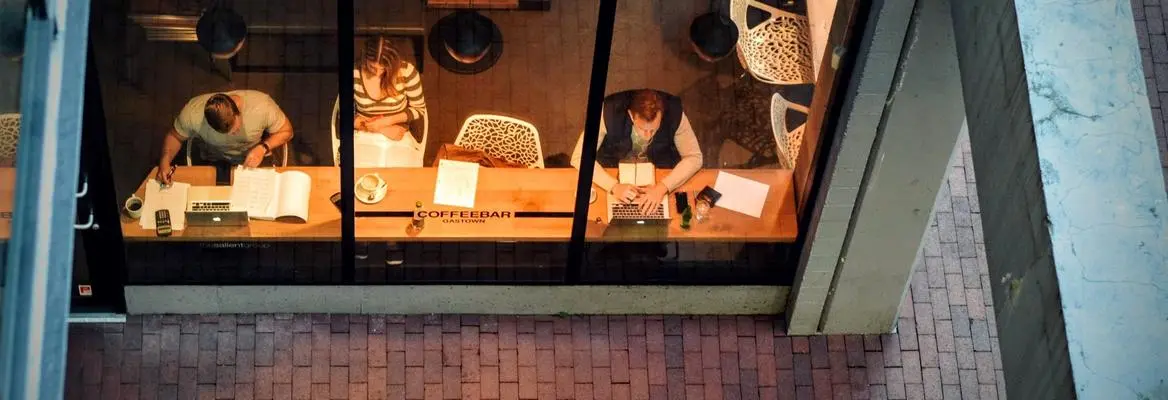Do rituals have a place in modern life? Are they ultimately pointless, or rather essential for social life? Can rituals themselves become specific places where meaning and belonging can emerge? Might they offer social skills to “make-oneself-at-home” (Bergmann) in a world of homelessness and displacement?
Exploring questions like these demands an open and comprehensive mind-set. Rituals are sociocultural mediums that invoke the ordered relationships between human beings and non-immediate sources of power, authority and value. According to Bell, they enable people to embody assumptions about their place in a larger order of things. Ritualizations are those actions that transform a practice into a ritual.
The older assumption that religion and ritual would decline with the process of modernisation has, as we know from many studies, not come true. Instead one can follow and analyse processes of ritualization in different social spheres. One can even wonder if the skill to ritualise represents an essential human skill.
Here I will trace the significance of ritualization in two spheres: environmentalism and urban space. In both one can see how rituals contribute to the fabrication of meaning alongside the rational and scientific approach to understanding reality.

According to Rappaport, we must differentiate between a scientific and a religious mode of approaching reality, but also argue for a synthesis of them both. An fundamental tension in human life is found between the fabrication of meaning in terms of our environment and what he calls “the epistemologies of discovery” that aim to explain the laws of this environment. Can both scientific explanation and ritualised fabrication of meaning enter into a fruitful synthesis?
The exciting capacity of ritual lies in its normative power. The ecology of religion has shown how rituals work as “homoeostatic”: they serve as aesthetically normative regulations of social interactions with nature. Due to ritual practices, humans preserve images and norms about how to interact with nature through hunting, farming and modes of survival. Rituals can work as normative practices that regulate human ecology. Such practices are studied in our past as well as in our present. Buddhist monks in Thailand ordain trees (cf. Grimes), turning them into Buddhas in order to encourage local inhabitants to resist capitalist-driven clearance of the land. Native North American Mi’kmaq are ritualising decolonializing practices by defending sacred mountains against transnational mining companies’ exploitation (cf. Hornborg). Thanks to their eco-cosmology and creative ritualization, the exploitation becomes a desacralization, and as such, it prepares and anticipates a future of resacralization. Thus rituals have ecological functions, important for environmentalism by turning attitudes into practices. In rituals people can discover, embody and cultivate attitudes, and, I would add, build life-enhancing worldviews, perspectives and ethics.
Rituals regulate social behaviour and imagination in a normative way. But how is this true in late modern urban space today?
Even if the discourse about democracy persuades us that all places are open for everyone, reality does not support this. In a similar way as temples in premodern times had a hierarchy of spheres which were more or less open to all, or strictly limited to religious elites, the late modern city also offers what we could call ‘maps of avoidance.’ Some areas are only accessed with very specific purposes, such as banks, embassies, or business buildings. Similarly, schools, hospitals, shops, and theatres. Only a few buildings are truly open public places: squares, botanic gardens, museums and railway stations. An exciting example of a strongly ritualised space is the modern airport, where rites of passages take place frequently and where a strict regime of surveillance and control is surveying all movements in the sharply drawn territory.



















Join the conversation